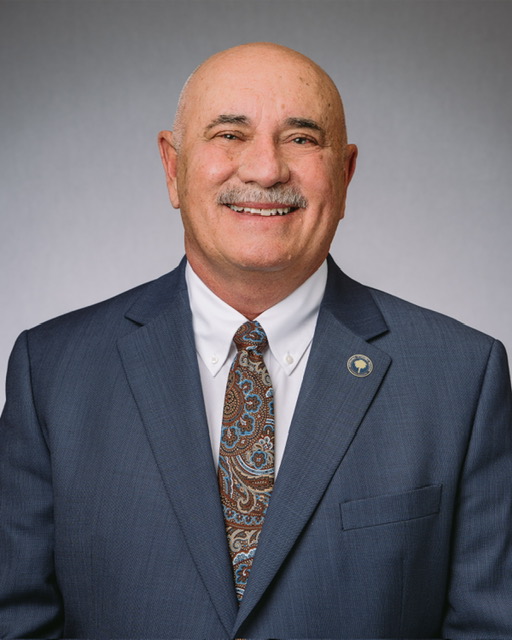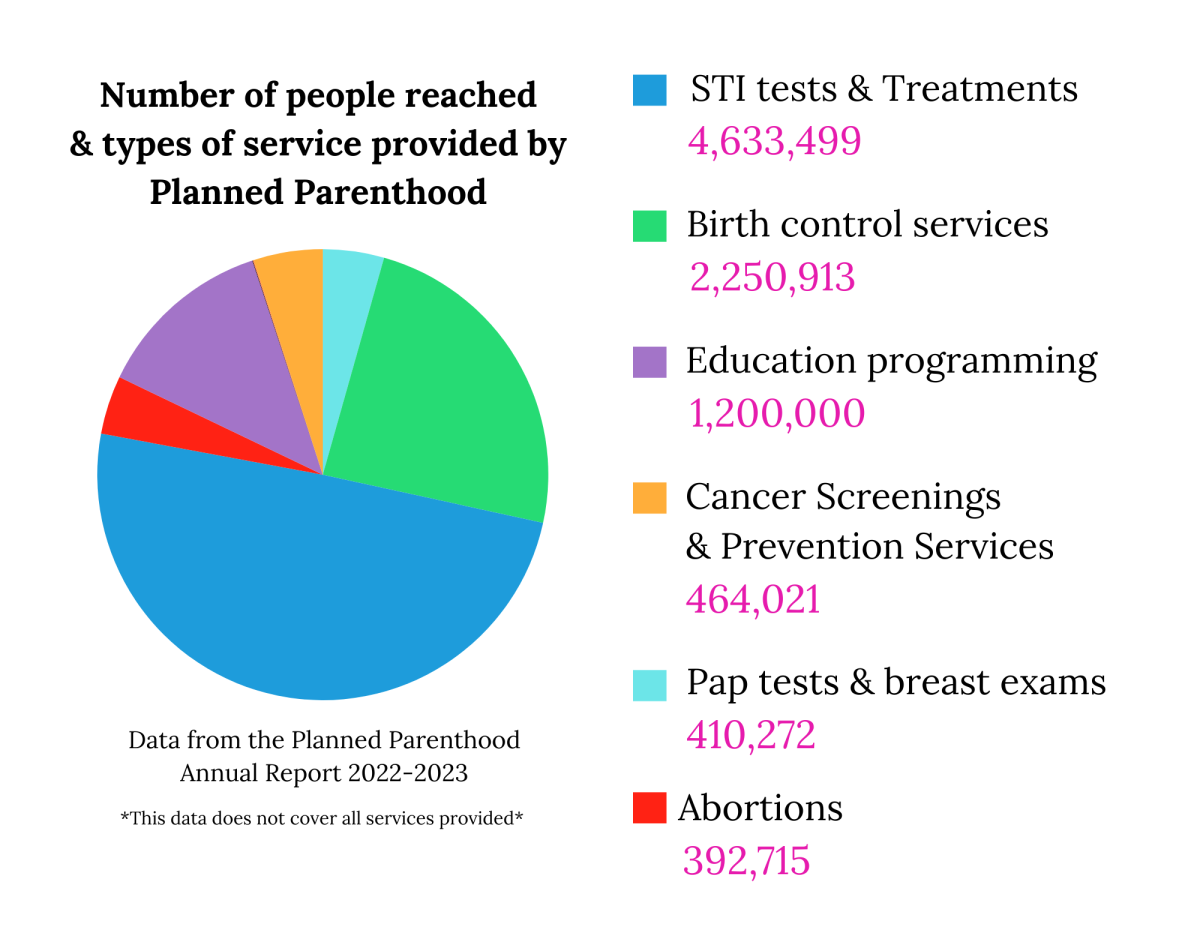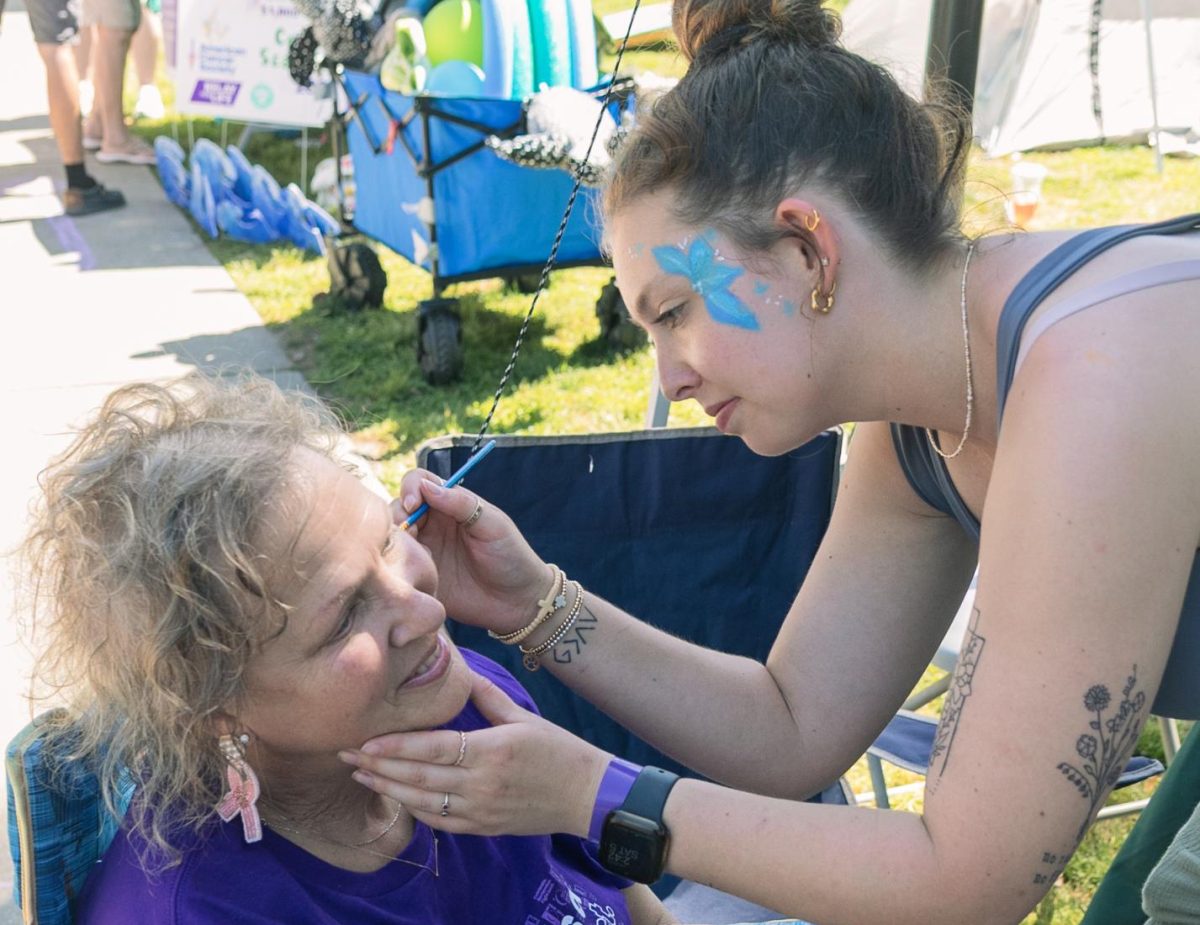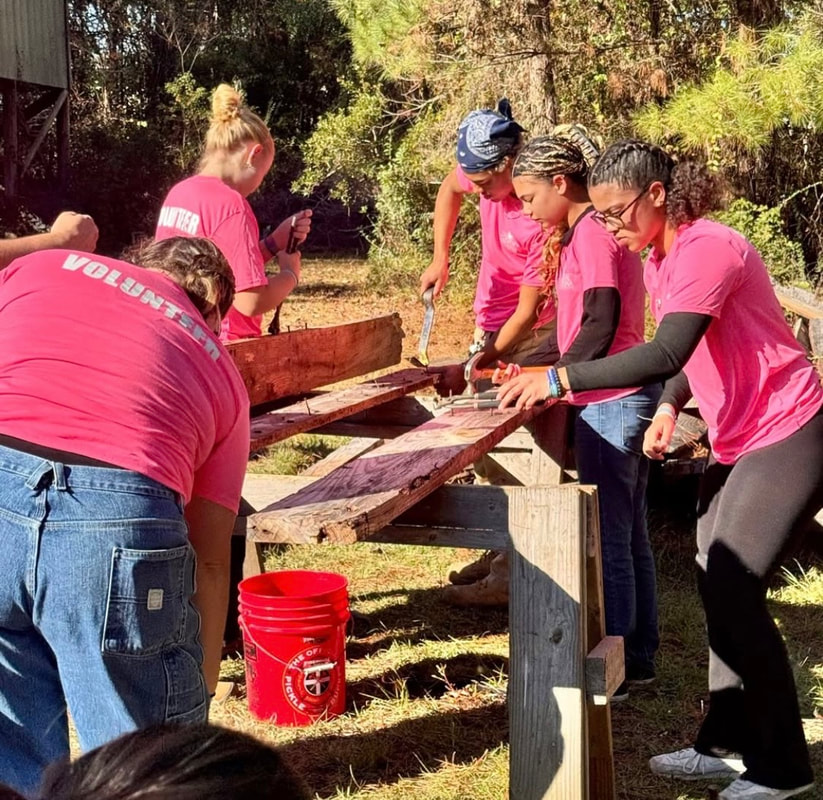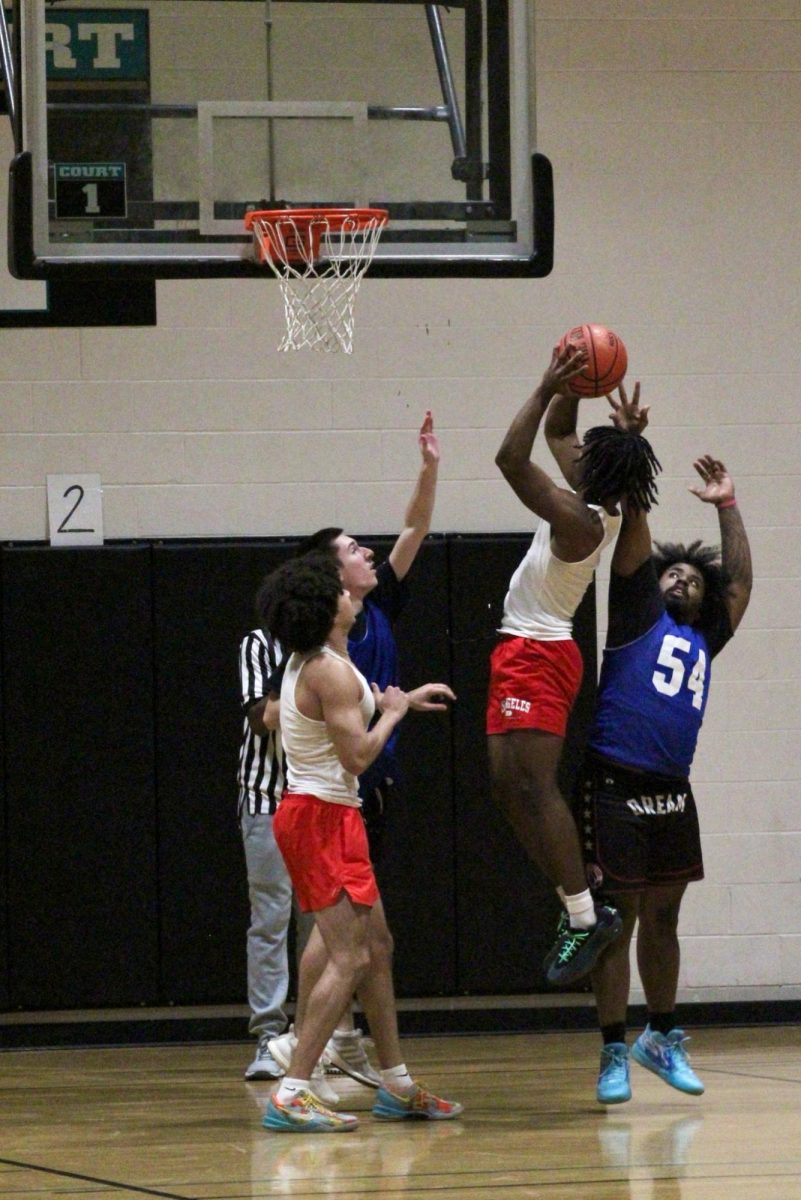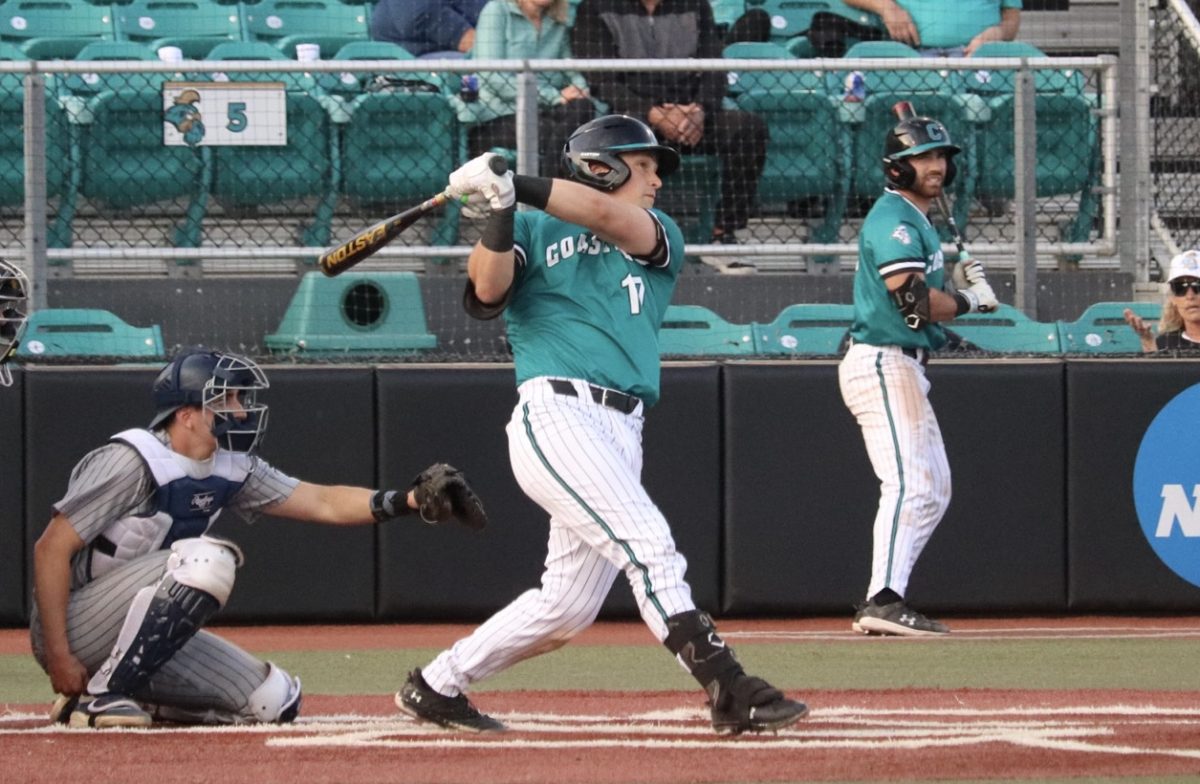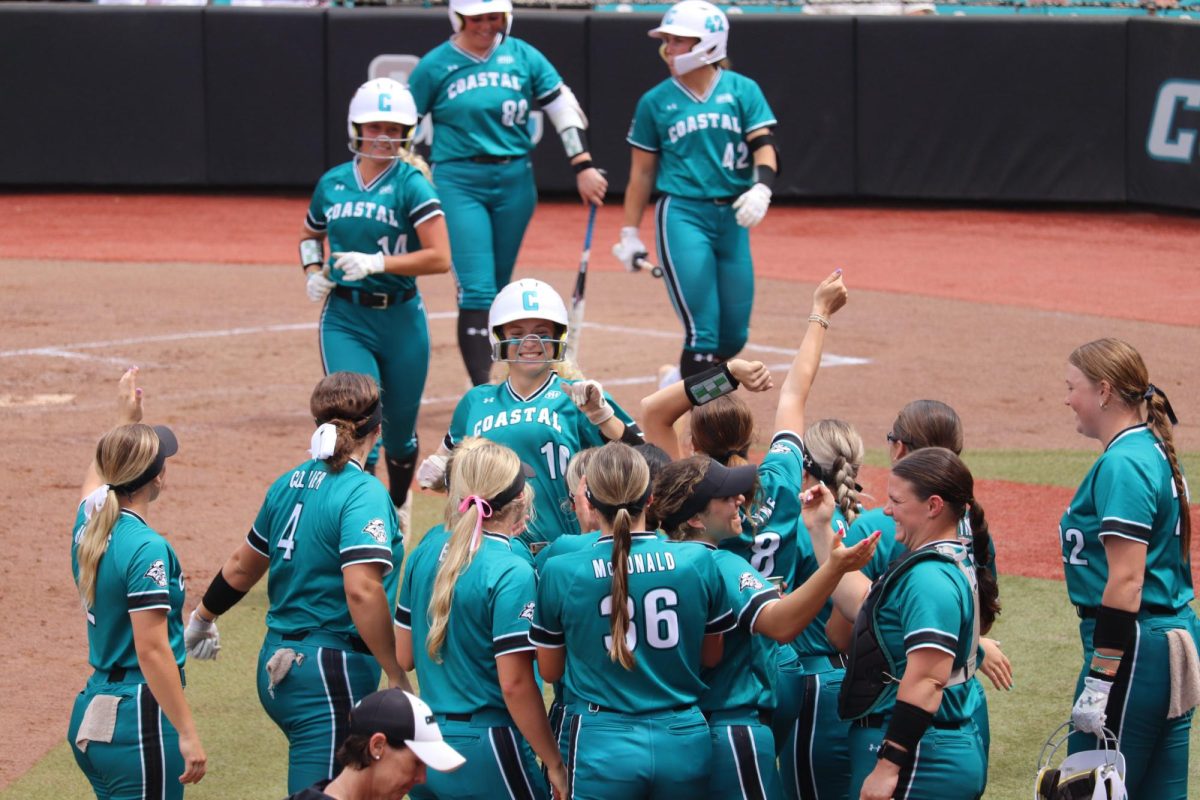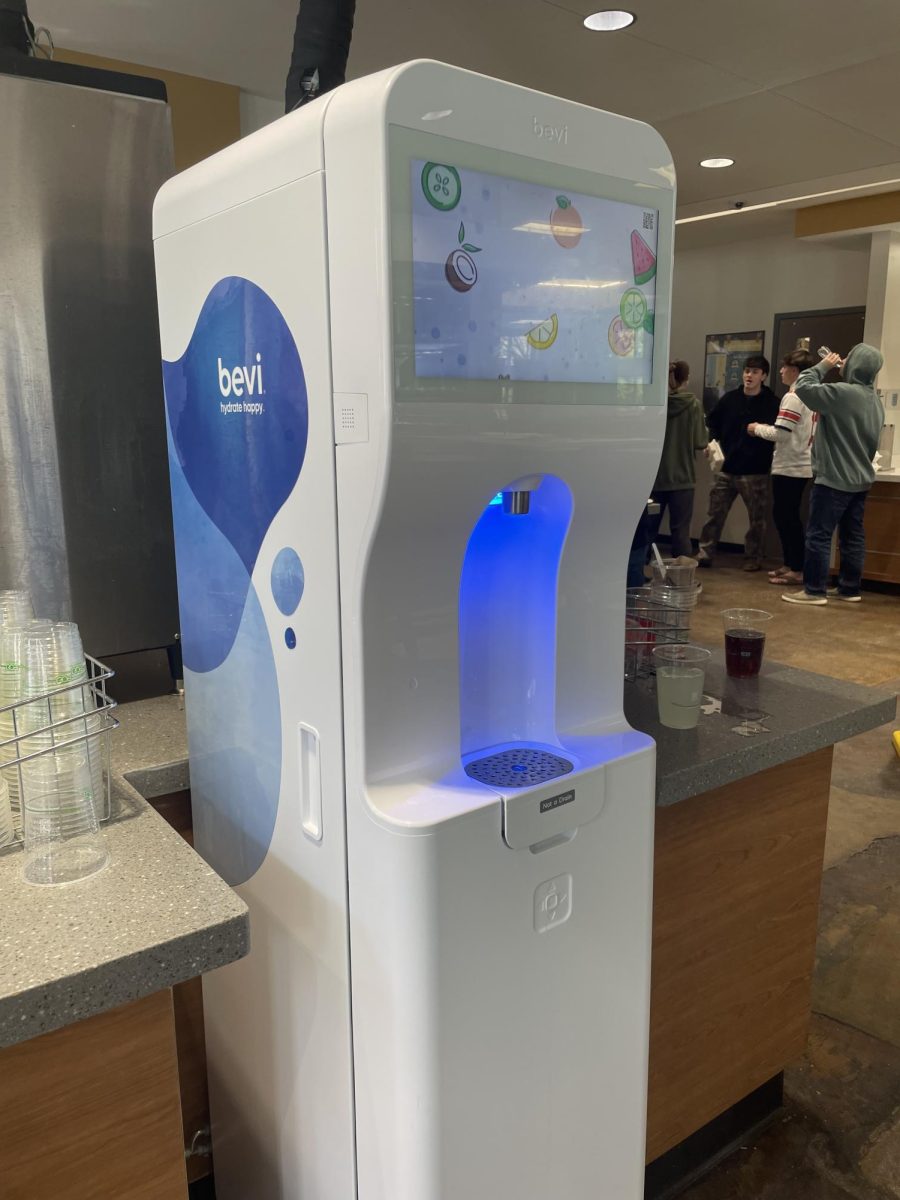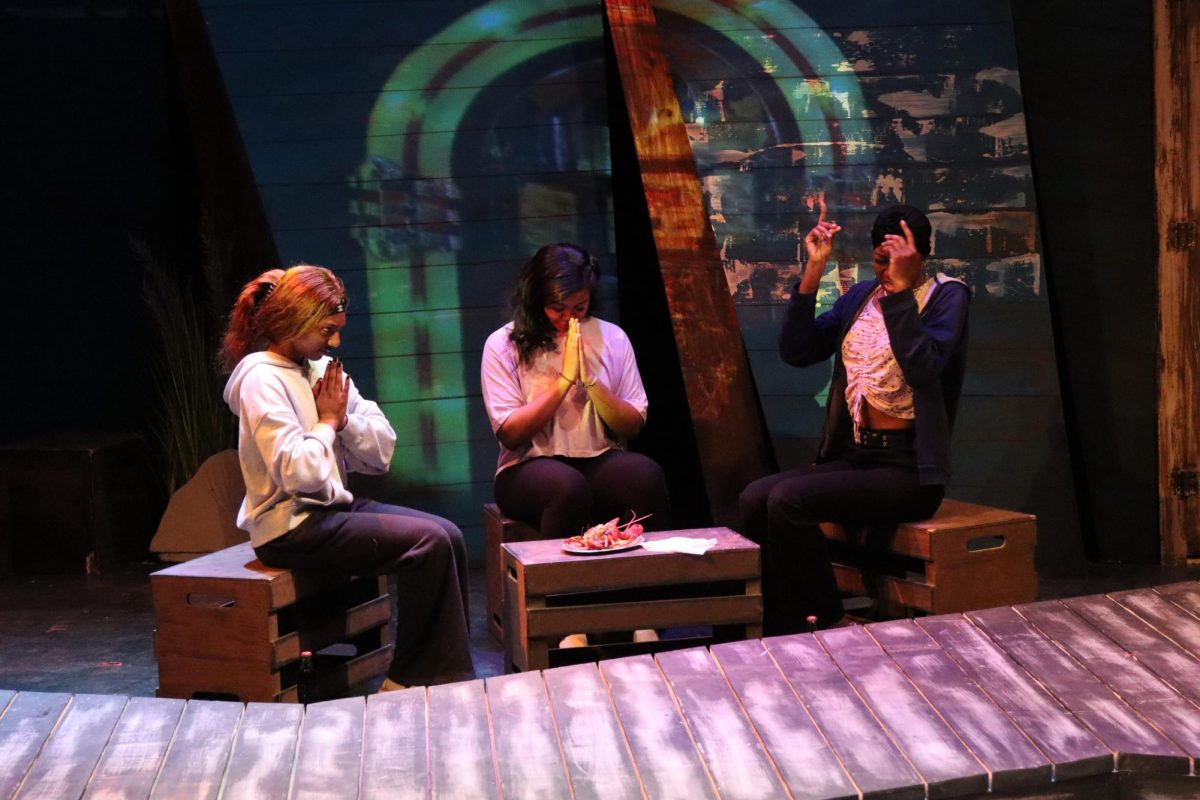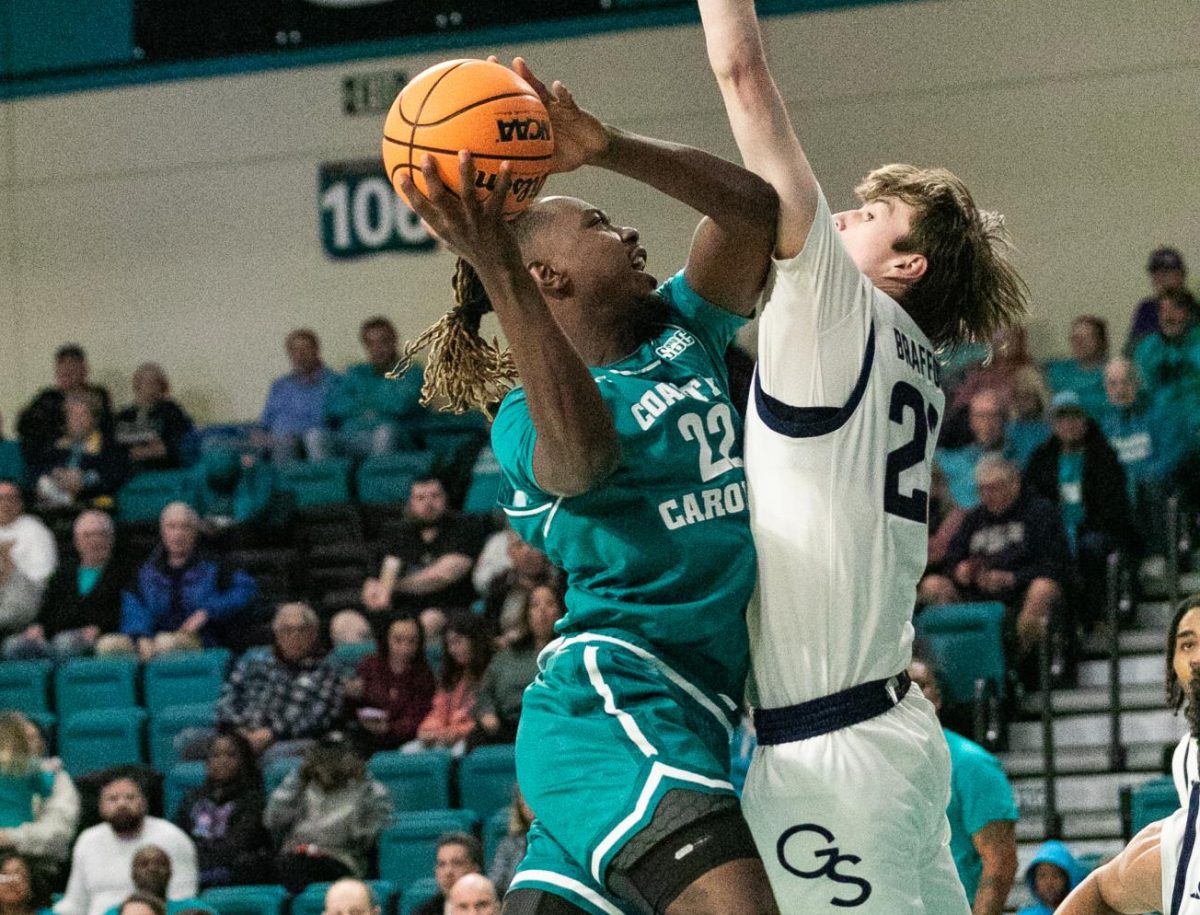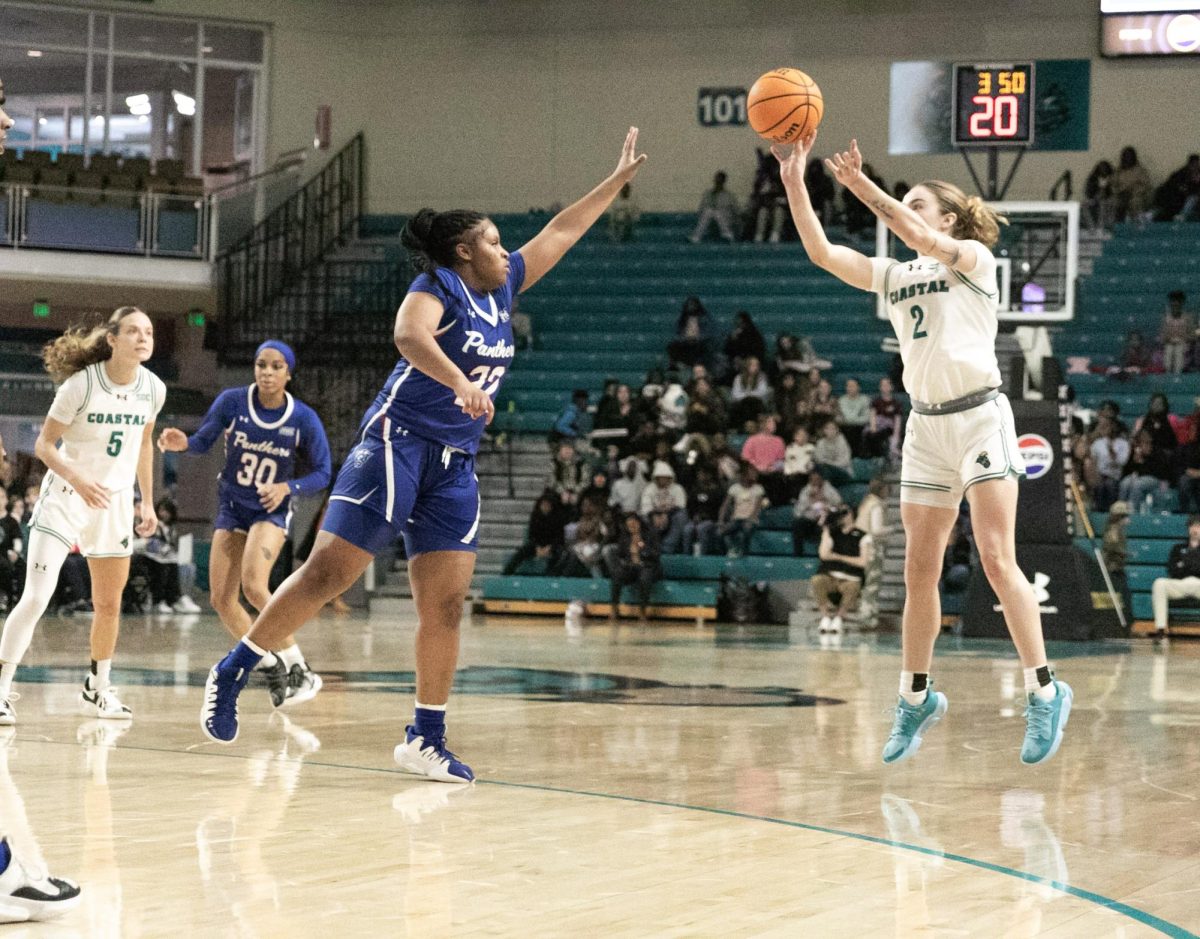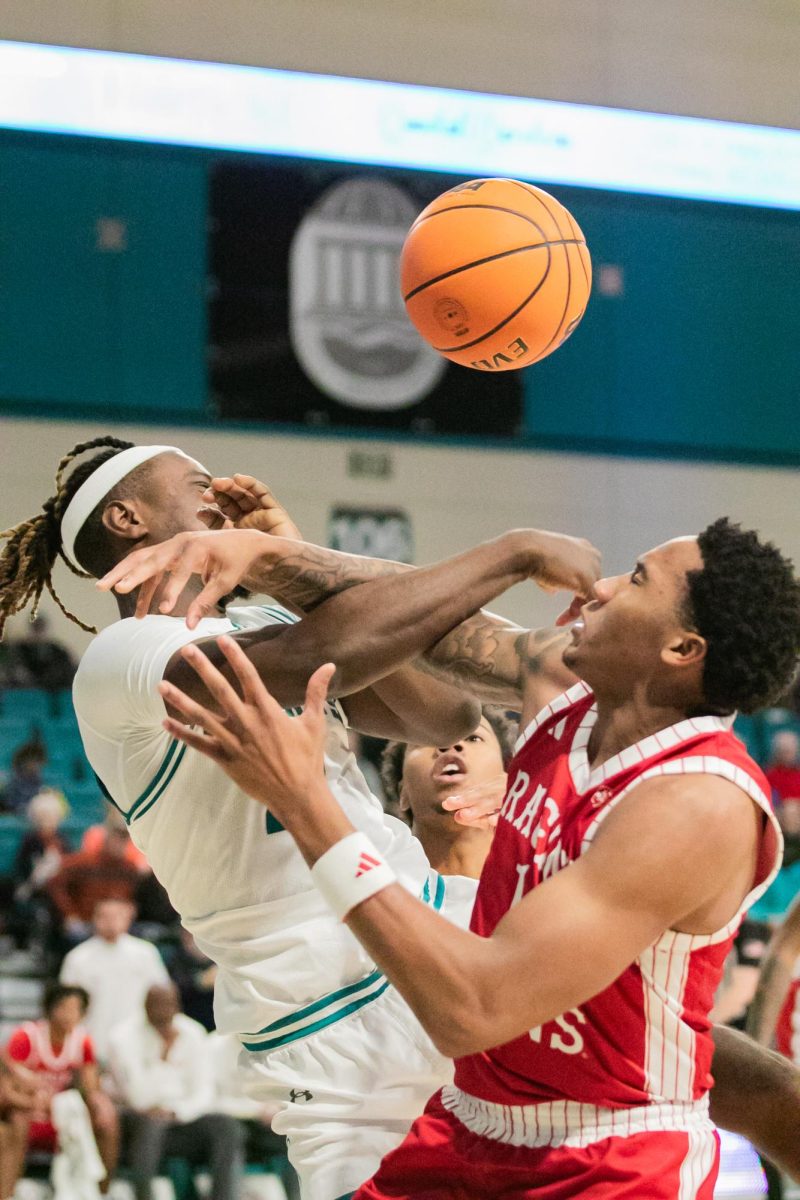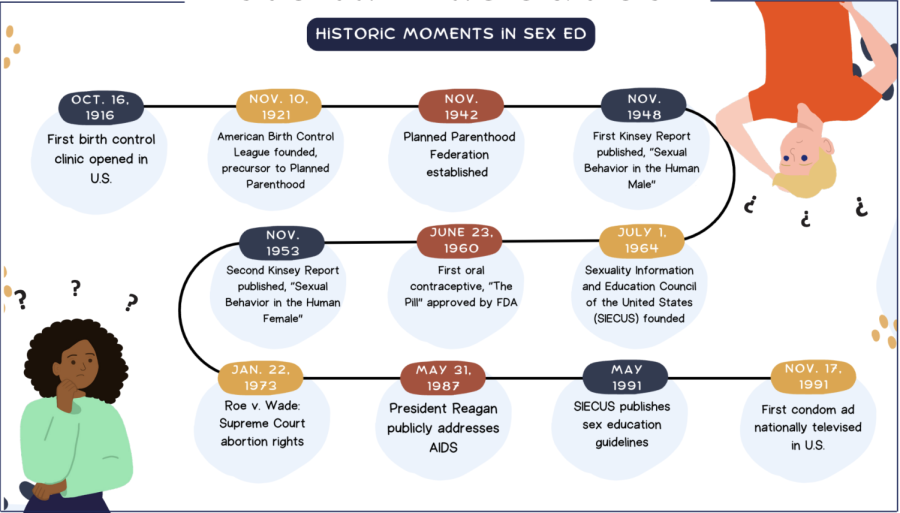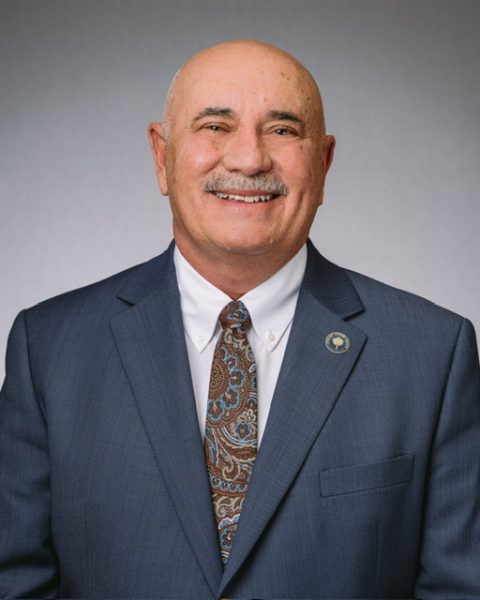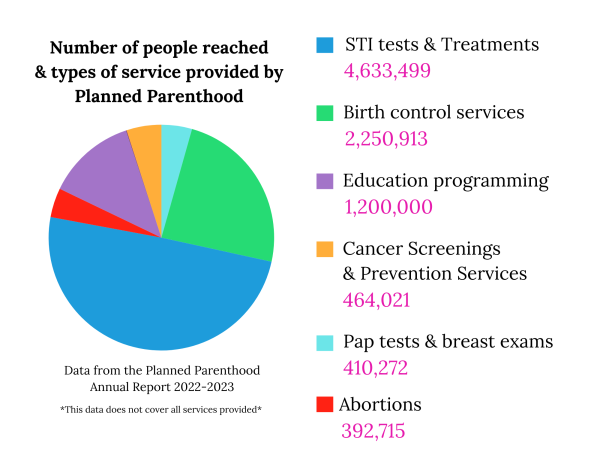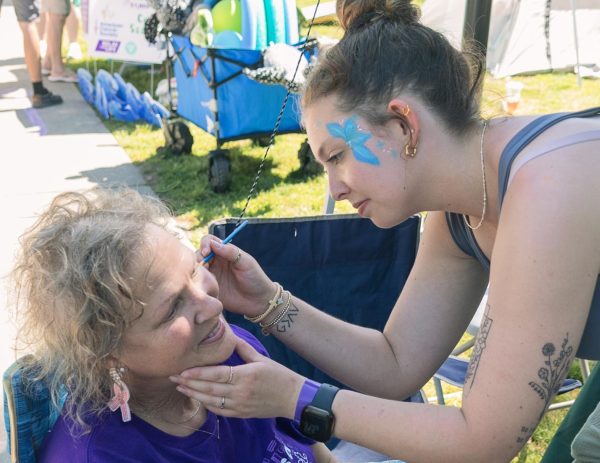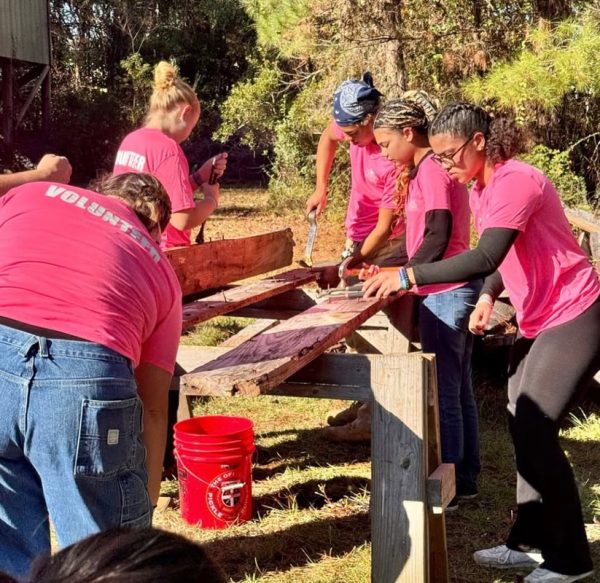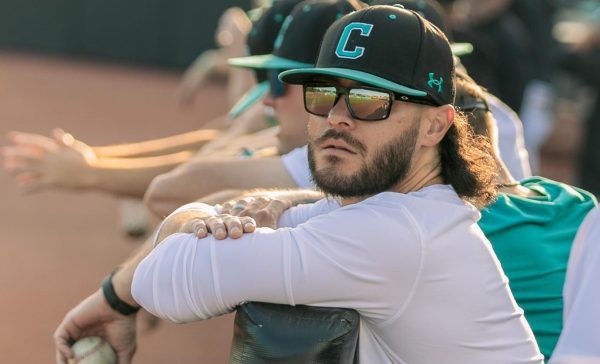Let’s talk about sex
Discrepancies between sexual health education
Despite milestones in U.S. sex education standards over the years from the Kinsey reports on human sexual behavior published in 1948 and 1953 to the initial publication
of sex education guidelines by the Sexuality Information and Education Council of the United States in 1991, some students still have varied understandings of the topic.
Everyone has learned about the birds and the bees, but each individual was taught in different ways. Some were taught by their parents while others were learning from their
peers. The one thing they all have in common is that they shared an experience in learning sexual education through school.
Sexual education has been taught in various ways to students before coming to college. They are almost always taught in separation based on gender identities and cover various topics.
Most students are aware of the general knowledge, but they received it at different points in their lives. Junior biology major Ally Cook said she’s been taught sexual education ever since she was a little girl.
“It was required for us to learn sex ed in the last year of elementary school, every semester of middle school, and only once in high school,” Cook said.
She said in elementary school, her teacher would teach and introduce the functions of
the female body including the menstrual cycle and how the reproductive system works. As she gradually moved forward in school, her sexual education courses were covering more topics in depth. They discussed consent, sexually transmitted diseases and infections, and resources to practice safe sex.
Although some students were taught throughout their lives about sexual education, some were not exposed to it until a later moment in their lifetime. Dorien Steed, a
senior engineering major, said his school did not require them to learn sexual education at such an early age. He said each student had to take it in high school, but it was never known to teach the subject to younger children.
Steed said his classes were separated and the teachers would cover the general topics
of understanding the male body, puberty, and using protection during any form of sexual activity.
He said he was unaware of the recent studies of male birth control and other treatments
that male identities could choose from because he thought they were only for women.
“My teachers only taught us about condoms, but it’s cool to see that there are other options for guys to learn more about now,” Steed said.
Most students receiving the education at a later point in life could become more susceptible to misinformation or lack of knowledge about their bodies, relationships, and resources that are always available to them. They are more likely to seek help from social media and other sources that may not be considered reliable.
Over the years, sexual education has progressed with new topics that will help students
feel more included and well-equipped for any form of sexual activity. This includes learning more about all sexual orientations, items other than condoms that could
offer protection during sex, and other treatments that could be essential at any point in their lives.
There are only two Planned Parenthood facilities in South Carolina that provide many services to anyone who needs them. Medical professionals from the Charleston location said they offer services and treatment with anything related to intercourse, but they also emphasize health and wellness for all.
“We are typically focused on female treatments, but we provide STI screenings and other primary care to men as well,” one nurse said.
Planned Parenthood is attentive and works to get their patients the care that they need. Anyone can make an appointment with them in person or through their Telehealth service. Telehealth is completely online and can help patients feel at ease when talking
to a medical professional.
In addition to access to healthcare, they strive to keep others involved and informed. There is plenty of information on their website that debunks the myths that are commonly misheard about sexual education and reintroduces topics that may have not
been covered in their entirety.
They disclose further information about contraceptives, cancer screenings, hormone therapies, and more that can help anyone with burning questions. Even though there are only two Planned Parenthood facilities, there are plenty of resources provided on
campus that are just as accessible.
Student Health Services at Coastal Carolina University is open five days a week to help students with all of their needs regardless of whether they have insurance or not. They also have an online system for issues that could possibly be solved without a physical
appointment called TimelyCare.
Student Health Services employees are fluent in the information regarding sexual activity. They could discuss different forms of protection like condoms and dental dams, or guide students to an understanding of their bodies and navigate certain sexual situations. Their services are curated for everyone regardless of who they are.
Although many people grew up with different versions of sexual education, they can all move forward with new perceptions of the topic. In the past, there was separation, limited information, and no room to learn more. Today, there are innovative ways
to include more identities, understand additional services, and guide others to be safe and prepared for sexual activity.
